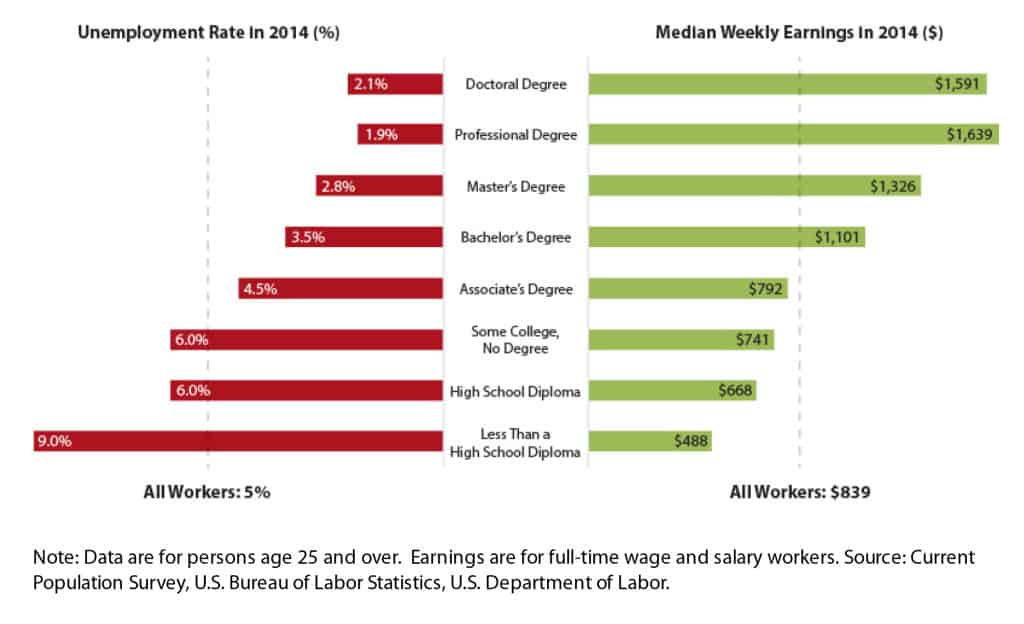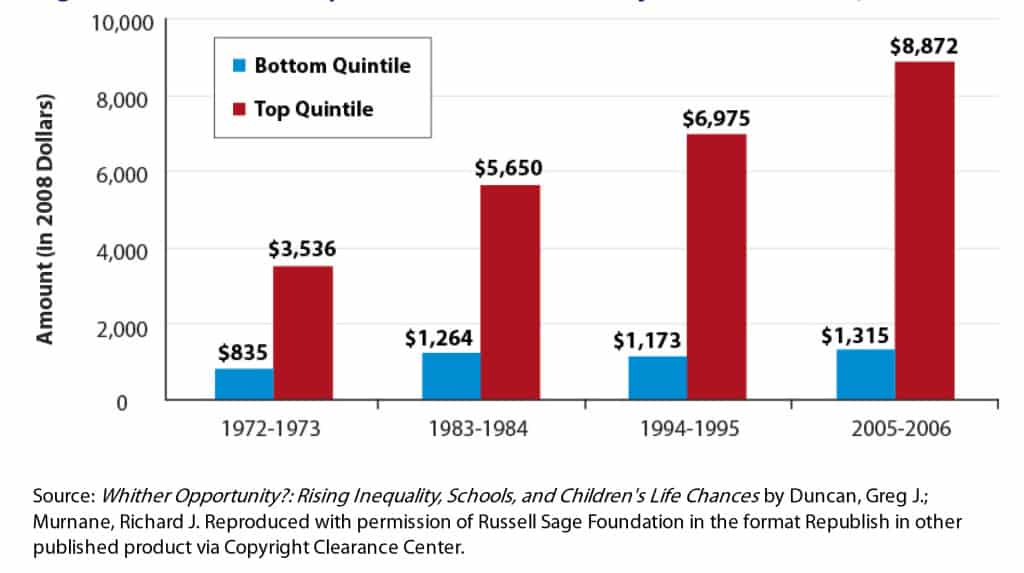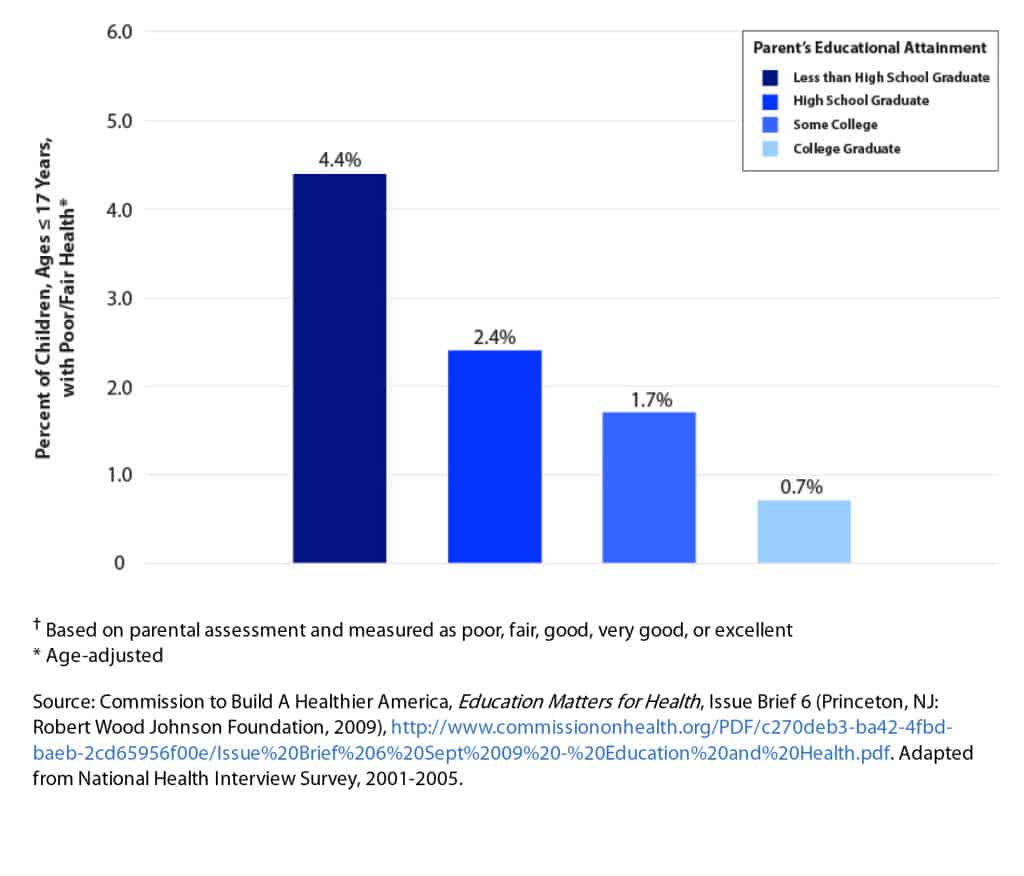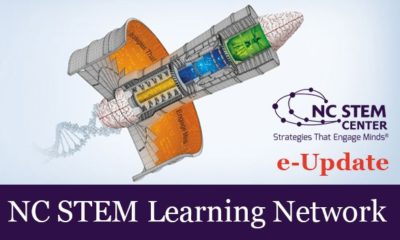

Next week at the 2016 Emerging Issues Forum, a new and vitally needed conversation about future job creation in North Carolina will happen — FutureWork. The conference will explore new education approaches, workforce development strategies, and policy innovations required to make North Carolina a leader in the global battle for good jobs for tomorrow’s diverse workforce.
As the research below finds, “The economic and workforce challenges presented by emerging technologies and globalization vary by industry and may require different approaches in one region or locality than in another. Social challenges also vary by location and across racial and ethnic groups. Effective initiatives must involve the negotiation and integration of the perspectives of stakeholders with different backgrounds, experiences, and expertise, with a focus on bringing them to the point of coherent, collective action.”
Thanks to Anita Brown-Graham and her team at the Institute for Emerging Issues for initiating and leading this important conversation across North Carolina.
Two new reports from the nonprofit Educational Testing Service, the organization that administers the PRAXIS, GRE, and a slew of other educational measures, tackle the tough issues of inequality and opportunity facing some of our nation’s youth and young adults.
Both reports are a sobering reminder of how intergenerational poverty affects a child’s future, both inside and outside the classroom.
The work is part of the ETS Opportunity Project, an initiative that “… aims to catalyze a conversation among individuals and organizations interested in and engaged with efforts to reduce disparities in opportunity.” Choosing our Future: A story of opportunity in America is the shorter of the two publications, highlighting key data points and offering strategic steps for leaders and policy makers. The Dynamics of Opportunity in America: Evidence and Perspectives, is the much longer book-length collection of deeper and more thorough analysis from a wide collection of experts from different fields, including education, policy making, and economics.
It’s a massive amount of information on the subject, ranging from data and analysis on how growing economic inequality can dampen our overall national economic health to how a lack of educational attainment can influence civic participation, and though neither report digs down into state-level data, there is one theme that emerges that is relevant to any policy discussion in North Carolina.
Education remains the single best pathway to opportunity and economic security.
The Choosing our Future report notes that average hourly wages for those with a college degree was 98 percent more than those without a degree, a 34 percentage point increase from the difference as it existed more than 30 years ago. The report states, “The skills required of many workers a generation or two ago consisted primarily of those possessed by the typical high school graduate. But the demands of a technology-infused economy, the rapid pace of change, and global competition have interacted to alter the workplace and increase the demand for more broadly skilled employees.”
And while there are still jobs available to those without some college or advanced skill training, those jobs tend to pay much less, be more unstable, and not provide benefits.
In addition to being a key to a living-wage career, higher educational attainment is also a bulwark against economic insecurity. As the graph from the report below indicates, those with less than a high school diploma are at a much greater risk of unemployment.


The solution to the problem seems obvious at first glance: more education.
But if it was only so easy.
The challenge is overcoming the life-long hurdles faced by families living in poverty, impediments that can greatly influence a child’s academic persistence and completion. In its preface, the report lays out some stark data. Nationally, more than 22 percent of children live in poverty. Thirteen percent of children live in unsafe neighborhoods and 20 percent are food insecure. And more than 1.3 million were homeless at the start of the 2012-13 school year.
And even students who earn a high school diploma and matriculate to a postsecondary institution, there are still barriers. As the report notes, even as the national high school graduation rate has increased to 81 percent, more than half of students enrolling in a community college will take a remedial education course, and of those students, fewer than one in 10 will graduate in three years. Though the remediation rates are significantly higher at community colleges, they are still an issue at four-year universities where one-in-five freshmen will need to take a remedial education course.
Research shows that children born into families in higher income levels and to parents with higher levels of educational attainment, start life with distinct advantages in terms of academic preparedness. The graph from the report below shows parental expenditures on child enrichment by the top and bottom economic quintiles at specific intervals over a four decade period.


Money alone is not the issue, however. Children born into what the report calls “high-risk” families, those “… with low-income, poorly educated parents, or single parents with work schedules that are not conducive to spending time with young children,” can exhibit lags in growth and development as early as nine months.
If stunted, those early parent-child interactions can significantly affect academic performance later in life. The report notes that in addition to a lack of exposure to vocabulary and reading, “poorer children are much more likely to receive low-quality care than children from families with higher incomes. This difference is consequential as quality of care at an early age has been found to have persistent and long-term impacts on social behavior and academic achievement.”
In addition to cognitive development, those same environments can also affect overall childhood health. Infant mortality rates decrease significantly when the data is disaggregated by the mother’s level of educational attainment. The graph below shows that children born to parents who did not graduate high school are much more likely to be in poor health than those born to parents with college degrees.


The report concludes by offering strategic steps for increasing opportunity for those at risk for a life time of disadvantages, barriers predicated on the environment they were born into and not of their own making. Its final strategic step is to avoid a one-size-fits-all mindset and instead focus on the local context, noting:
“The economic and workforce challenges presented by emerging technologies and globalization vary by industry and may require different approaches in one region or locality than in another. Social challenges also vary by location and across racial and ethnic groups. Effective initiatives must involve the negotiation and integration of the perspectives of stakeholders with different backgrounds, experiences, and expertise, with a focus on bringing them to the point of coherent, collective action.”


